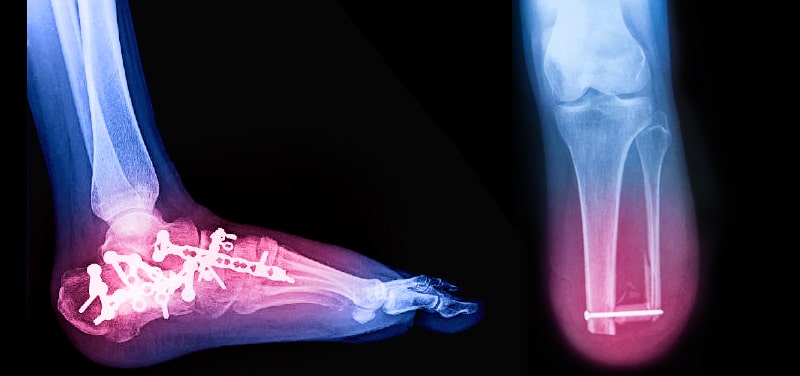A knee or leg injury is perhaps one of the worst injuries you can get. Your legs/knee support your body, helping you walk, run, and jump with ease. Like any other part of your body, your knee or leg could get hurt or even wear out. Let’s face it, anything that hinders your ability to walk or run with ease is a hindrance to your quality of life.
The Recovery Process
A broken foot or knee can affect your daily activities for many weeks or months. According to one of the best Podiatrists in Silverdale, recovery from an injured foot/knee depends on the location, type, and complexity of the fracture/injury.
The following are a few tips on recovering from a knee/foot injury;
Consult your physician on the recovery process
The best way to recover from a foot/knee injury is to effectively manage the symptoms, regaining a pain-free foot/knee function. Recovery takes a long time and can be quite challenging, depending on the type of injury an individual has. On rare occasions, a patient may never regain their pre-injury leg functions. Therefore, to get the best out of the recovery process, it is essential to consult a specialist for knee injury strategies for recovery and what to expect.
Managing your symptoms
Some of the common symptoms of a broken foot or knee include tenderness, swelling, or bruising. The best way to effectively manage these symptoms is to protect against the injury, have enough rest, ice, compression, and elevation. This usually is important for at least 48 hours after the injury. Avoid taking over the counter medication without consulting your doctor.
Bear weight
Depending on your condition, your physician might ask to add some weight onto your leg for a couple of weeks or months as the bone heals. A walker or properly fitting crutches will help you get around during this period. When you are ready to begin walking again, it is essential not to overload your foot.
Pay attention during activities
Depending on the complexity of your fracture, you could be able to move around right away. However, complex fractures on your foot or knee might require bed rest for some time. Either way, you will be required to add activities slowly. You must pay attention to your physician’s advice. While doing too little might lengthen your recovery, doing too much will worsen the injury.
Watch out for complications down the recovery road
You must be keen on possible complications with your knee/foot during recovery. In case you experience fever, tingling, numbness, change of color, or foot or swelling, contact your doctor right away. These are often signs of complications.
Prevent your knee and foot from future injuries
Accidents happen but are also preventable. After recovery, your physician will recommend methods to prevent future injuries. This often includes increasing your activities by building muscle strength. You might also need to vary your fitness routine to help minimize stress on bones. Getting the right amount of vitamin D and Calcium is also vital in building strong bones. Consult with your doctor if you need to improve your diet or get supplements.
Bottom line
Successfully recovering from a knee/foot injury involves getting it back to pre-injury levels with zero pain. While this might be very hard to achieve, you can do your part to get there. Remember, it’s best to start slowly. Excessive strain on your legs will lead to further complications. You may even be prescribed to wear podiatrist recommended shoes to help align your body while on your feet, assisting with the recovery process.
